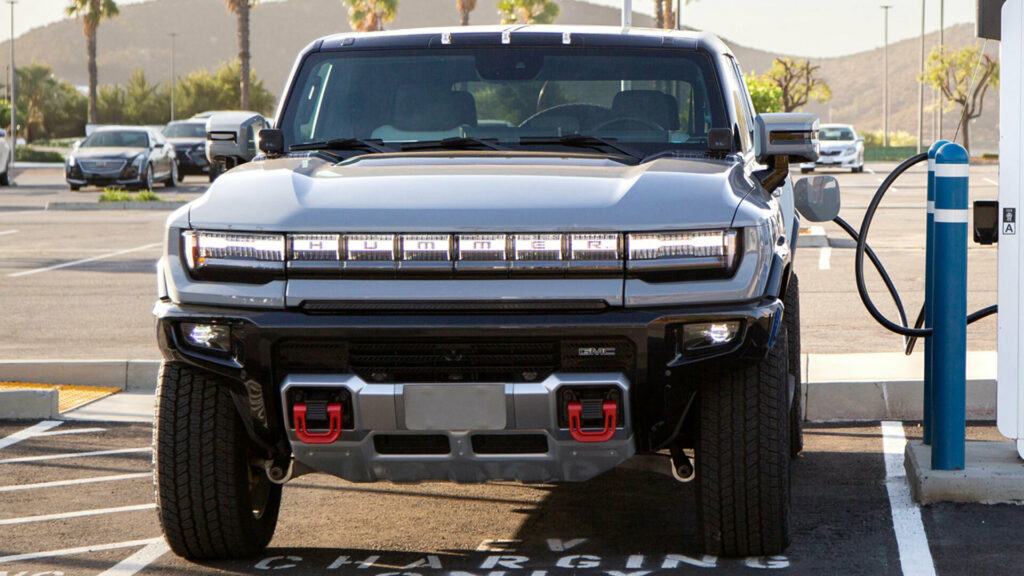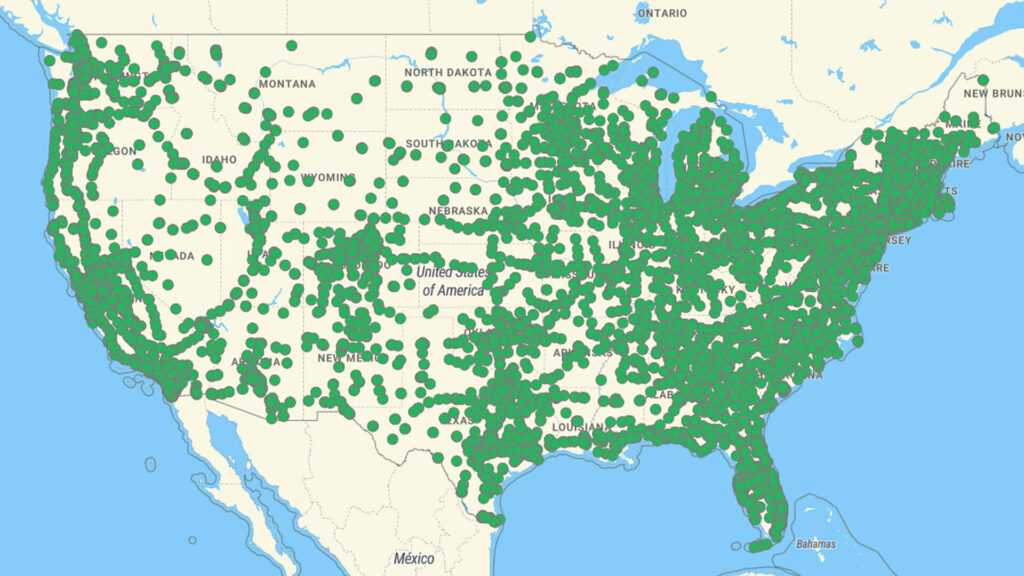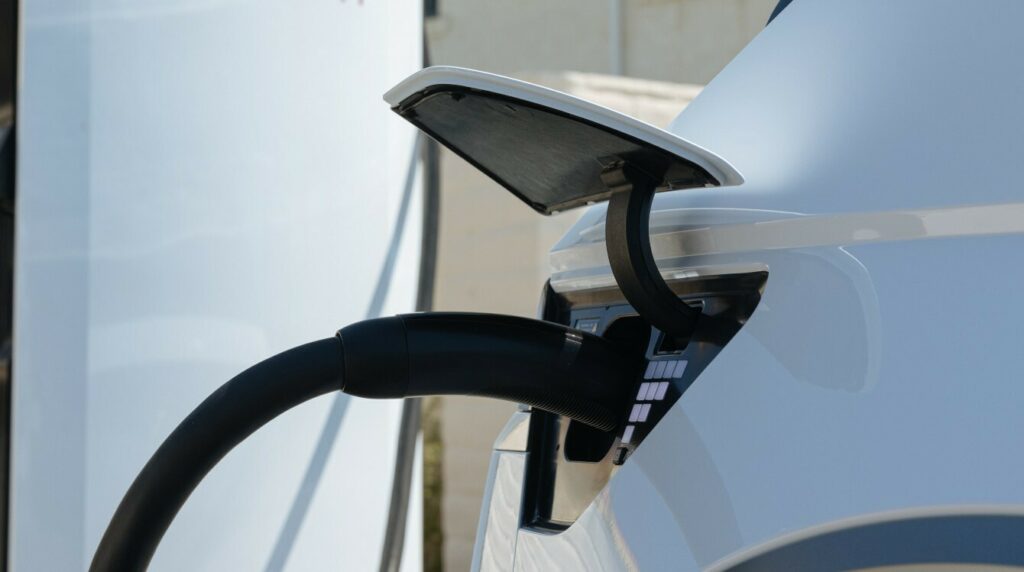States can expect easier applications, more flexibility, and a faster approval process for EV charger funding

- US updates EV charger program to streamline approvals and expand funding access for states.
- New rules let states deploy charging stations with fewer regulatory and planning requirements.
- Transportation Secretary criticizes subsidies yet commits to implementing federal charger program.
Earlier this year, the Federal Highway Administration effectively paused the National Electric Vehicle Infrastructure (NEVI) program. At the time, state transportation directors were told the Trump administration had “decided to review the policies underlying the implementation of the NEVI” program and its guidance would be updated to better align with their latest priorities.
Many people feared that would mean disastrous things for the $5 billion program, which was part of the Infrastructure Investment and Jobs Act. However, the Trump administration is now reluctantly moving ahead with plans to support electric vehicle charging.
More: Trump Administration Hits Pause On EV Charger Funding
The Department of Transportation unveiled revised guidance for the program, which they claimed will “streamline applications, provide states with more flexibility, and slash red tape left by the Biden-Buttigieg Administration.” The Trump administration went on to claim their predecessors “wasted time, money, and public trust in implementing the program.”
Fewer requirements, more flexibility
Political mudslinging aside, the government said the changes minimize the content necessary in state plans, while also simplifying their approval process. States can also expect more flexibility to determine the appropriate distance between charging stations.

DOE DC fast charger map
While it’s hard to argue with those updates, the government also noted the changes eliminate “requirements for states to address consumer protections, emergency evacuation plans, environmental siting, resilience and terrain considerations.”
This sounds like a terrible idea as a lack of charging stations on emergency evacuation routes could be a matter of life or death. However, the government said states “should … address emergency and evacuation needs, snow removal and seasonal needs, and ways for EV charging to support those needs.”
A quick deadline ahead
Transportation Secretary Sean Duffy said, “While I don’t agree with subsidizing green energy, we will respect Congress’ will and make sure this program uses federal resources efficiently.” He added, “Our revised NEVI guidance slashes red tape and makes it easier for states to efficiently build out this infrastructure.”
With the updated guidance released, the clock starts ticking as the government said states should submit their EV Infrastructure Deployment Plans within 30 days. That’s a quick turnaround and one that could prove bumpy.


